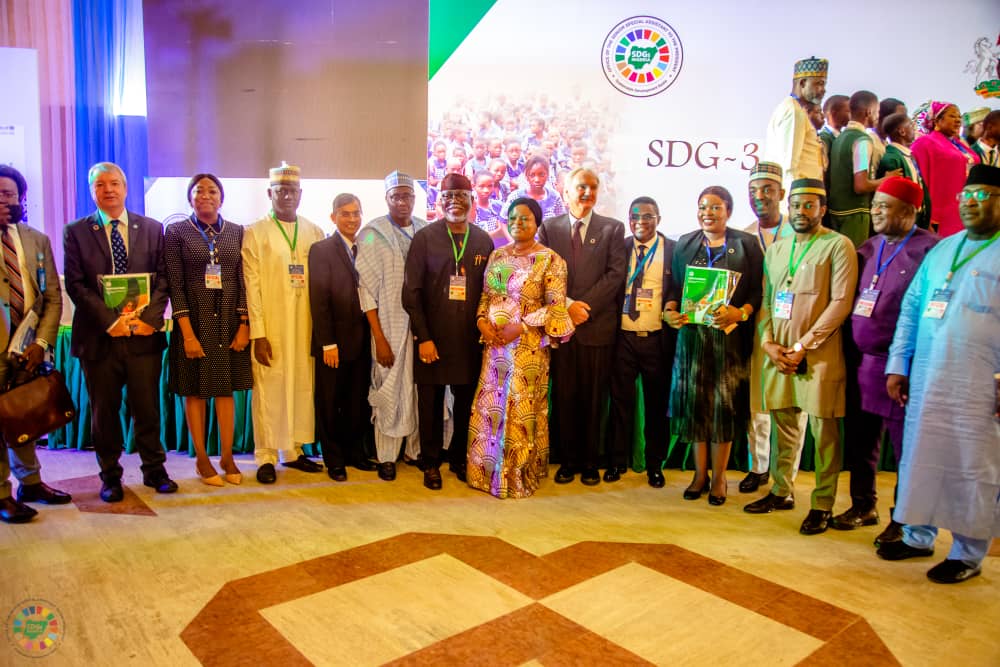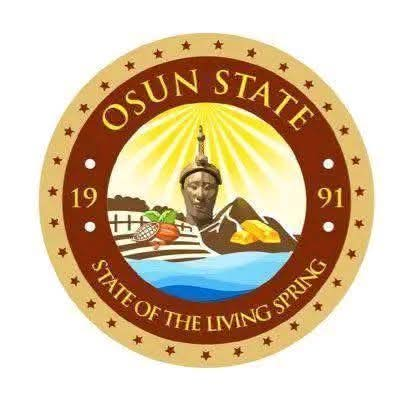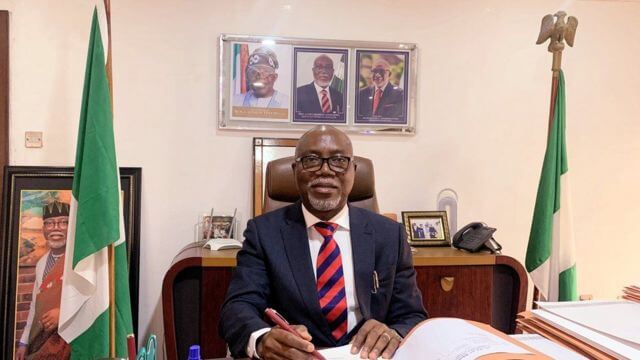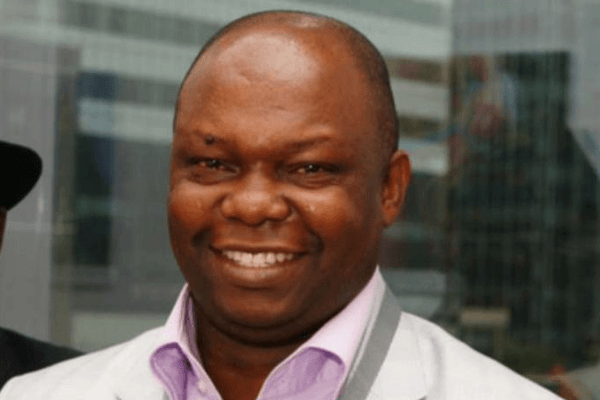The Sustainable Development Goals SDGs in Nigeria had been operating in line with it’s global declaration of March 2015 during the 70th UN General Assembly that transformed the Millennium Development Goals MDGs to Sustainable Development Goals SDGs in continuation of it’s efforts to extricate social inequalities , economic dislocation and disequilibrium across developing nation’s with Nigeria not in exception.
Six years down the line , SDGs in Nigeria has translated many of its programs to reality, through synergy with the private sector advisory group, PSAVG, donor agencies, international partners, civil society organisations CSO’s , and in collaboration with sub national level.
The goals under the able leadership of Princess Adejoke Orelope-Adefulire, the Presidential aide and Senior Special Assistant to the President on the program had transformed the SDGs in Nigeria into not only meeting the global standard, but a vehicle’s to providing dividends of democracy across the country.
Therefore, in the last six years under review from 2016- 2022, it had impacted greatly both in socioeconomic development of Nigerians across the states with conditional grants scheme program CGS, interventions and collaboration with sub national level in the area of health.education, water and sanitation, skill acquisition and capacity buildings and development among many other areas of interventions.
This was in line with the declaration at UN general assembly that convened SDGs and the decade of action slated between 2020-2030 among many others in synergy with AU-AUDA NEPAD 2063 transformation agenda to better the lives of ordinary Nigerians in all areas.
The activities of SDGs in Nigeria was blossoming inspite of both natural and artificial phenomenon likened to the dire consequences of COVID pandemic and subsequent lock downs of nations, as well as the debilitating effects of economic downturn that had led to recession of country’s economy, job losses, involving huge borrowings.
Mindful of these variables and determined to achieve results under tense economic situations with the cost of funds when Nigeria had gone through two consecutive recessions , the SDGs under the SSA to the President, Princess Adejoke Orelope- Adefulire have navigated the thorny storms to achieve greatly in resolving the glaring social stratification bedeviling the country particularly in the areas of social services.
Reeling out her six years stewardship on July 27, 2022 in the banquet hall of the state house on the activities of it’s agency regarding the Conditional Grant Scheme CGS as part of SDGs programs in the last six years, the SSA SDGs, minced no words in the articulation and presentation of highly coordinated reports to the excitement of Nigerians and the international communities.
The fora was a display of transparent leadership, accountable management of government resources by the managers of SDGs in Nigeria under the leadership of Princess Adejoke Orelope-Adefulire for six years running.
The utilisation of funds and counterparts funds running into 24.5B in 24 states and across the federation through strategic implementation of the Conditional Grant Scheme CGS, that encompasses health, education, water and sanitation, skill development and capacity building, as well as housing development in accordance with the National Development and Sustainable Development Goals SDGs and it’s objectives.
The articulated figures was carried out using the Voluntary National Review VNR 2020 that had reduced the debilitating effects of SDGs 3 from 157% -133% in the years under review due to concerted efforts of the program implementation in Nigeria.
This was also done to meet the global attention and dually provided dividends of democracy across the country, with sub national, private sector, CSO’s and other relevant stakeholders contributions.
It therefore contributed heavily and hugely to the sustenance of SDGs 3 across the country through provision and construction of hospitals, primary health care centres PHCs and mother and child hospital to reduce infant mortality rates in Nigeria.
SDGs provided 257 ambulances, 7,464 beds across the states with construction of 1,845 primary health care centres PHCs in addition to construction of specialised centres in the six geopolitical zones of Nigeria.
in the area of Education and inline with SDGs Goal 4 , the Conditional Grant Scheme CGS was utilised into provision of 8,008 classrooms and renovation of 305, provision of computers, desktop and laptops, to improve ICT learning particularly after the effect of COVID numbering 4,485, this included equipping the schools with solar powered systems and equipment to reduce the effects of power outage and maximum utilisation of the computers within the period under review.
in the area of water and sanitation, Goal 6 , SDGs built 19, 266 solar powered boreholes and also assisted in the reconstruction of 732 water scheme) across FCT and other states of the federation, that increased water sanitation , this increased the provision of water across the nation from the lowest ebb to 64% as it covered both the urban and rural communities in Nigeria.
in empowerment sphere, the SDGs carried out the construction of six gigantic skill acquisition and empowerment centers across the six geopolitical zones in the country, in addition to 1,150 skill acquisition centres across the states of the country which had empowered many Nigerians including graduates and non -graduates to enable them engage in different venture that will guarantee self sustenance and self realization.
Having giving adequate attention to the social services areas, the SDGs also launched a vigorous campaigns of mass housing and constructed 300 housing units across the country, to ameliorate housing deficit both at national and sub national level.
The feat was achieved in consonance to the provision of NSS/NBS 2018- 2021 reports and the Voluntary National Review VNR 2017-2020 spanned for three years using the SDGs model launch, in line with National Development Plan NDP 2021-2025, 2020-2030 decade of action and envisaging VNR 2021-2023 in June.
The success of the program under review was achieved through numerous interventions from UNICEF, PSAVG, independent SDGs evaluation/ programs. and the CSO’s.
With a sustained momentum and continuity, no doubt the global program and national agenda will go beyond mere lip service, to another avenue to improve the well being of Nigerians going forward.
Yusuf writes from Abuja ,he can be reached via: yus.abubakar3@gmail.com.





